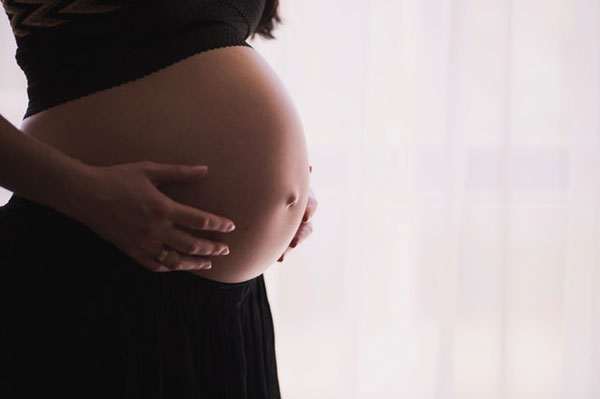If you’re currently pregnant or thinking ahead to having a baby, you may be lost in the glow of being a new parent. It’s a magical time, but at the same time, it can be stressful. Having a new baby can be expensive, and it can lead to not only new costs you might not have thought of but it can also increase the cost of things you’re already paying for.
For example, while your car insurance won’t increase when you have a baby, your health insurance will. Additionally, while a new baby might not increase your car insurance now when that baby becomes a teen driver, those costs will skyrocket.

This is just the tip of the iceberg, and the following are some of the costs associated with having a new baby.
Hospital Costs
The cost of actually birthing a baby is one of the first shocks you may face as you become a new parent. The average cost of hospital delivery in the U.S. is $3,500 per stay, according to research from the Agency for Healthcare Research and Quality Healthcare Cost and Utilization Project.
If you factor in things like prenatal and post-partum health care, your bill comes closer to $8,800.
Many individual factors can affect these costs as well. For example, a C-section birth is more expensive. If the mother has health complications such as diabetes, it can raise the prices significantly.
Premature birth, which occurs in around one in eight pregnancies in the U.S., can be almost eleven times more expensive than babies born without complications.
Most insurance plans require that you meet your yearly deductible before they cover the costs associated with childbirth, and this can be thousands of dollars, depending on your plan.
Parental Leave
The U.S. falls behind other developed nations in terms of offering paid maternity and paternity leave. There is the Family Medical Leave Act, and this requires your employee to give you 12 weeks of leave, but it’s unpaid.
You’ll have to find a way to make ends meet during this time, and you may end up using sick and vacation days to do so.
The Gear
If you’re lucky, loved ones will give you a lot of the gear you need for a baby, but it can still be pretty expensive to stock up on the essentials.
You’ll need a car seat, for example, and the price is usually around $100 but can be quite a bit more if you go for all the bells and whistles. You may need more than one car seat as well.
There are diapers, food and organic baby formula and clothing to think about. If you’re planning to breastfeed exclusively, you may not need formula, but you’ll need a breast pump for your home and perhaps a travel pump also.
Childcare
The cost of childcare is a source of tremendous frustration and anxiety for many new parents. If both parents are planning to return to work, childcare can represent one of the highest costs of having a new baby.
The average cost for a daycare center for an infant in the U.S. is a staggering $1,230 per month. If you were to opt for childcare in a home-based daycare, the average cost is $800 per month.
On average, in a family that’s making the median income in the state, they would have to spend 18% of their income to cover childcare costs for an infant.
On average, childcare for an infant costs 61% more than for a preschooler. Even in states where there are child care subsidies, they only cover the average cost of care for an infant.
Sometimes because of the high and often unaffordable costs of childcare, one parent will decide to stay at home. This reduces their income, but it does also eliminate the cost of childcare.
As you can see, these are just the earliest costs associated with a new baby. This doesn’t speak to the costs that continue to accrue as your child gets older.
So what can you do?
It’s a good idea to first and foremost have a realistic idea of how to budget for a new baby. Planning can help you avoid being blindsided by some of the costs. Then, you can start looking at ways to save money.
You can do everything from comparison shopping hospitals to determine the cheapest place to give birth, to buying secondhand baby clothes and gear.






Speak Your Mind